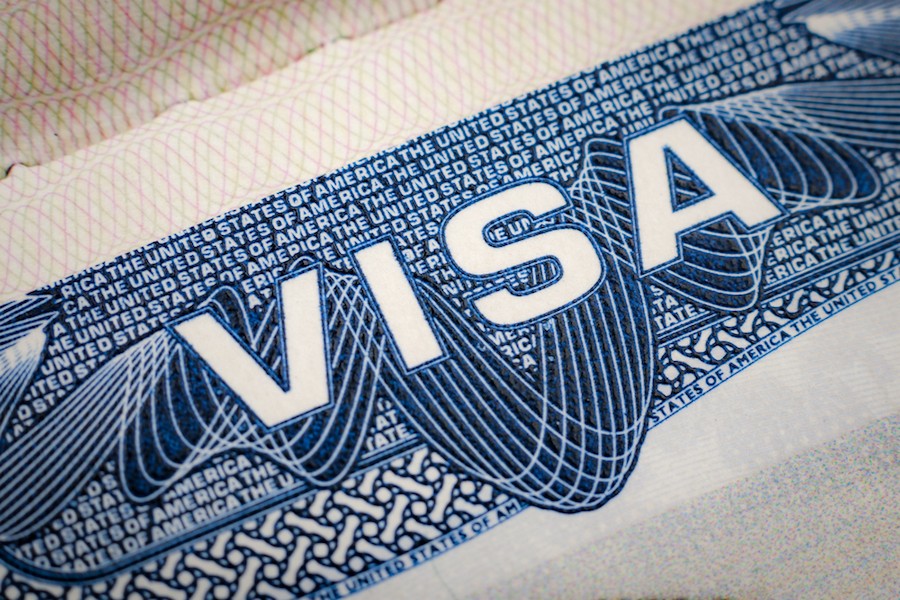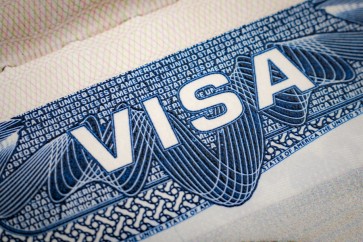Popular Reads
Top Results
Can't find what you're looking for?
View all search resultsPopular Reads
Top Results
Can't find what you're looking for?
View all search resultsFacing discrimination in applying for visas
Imagine two people of different genders, skin color or race trying to get permission to visit their parents in other countries.
Change text size
Gift Premium Articles
to Anyone
I
magine two people of different genders, skin color or race trying to get permission to visit their parents in other countries: One is required to submit all kinds of documents before they can even see their parents and is later stopped and questioned to prove their identity, while the other moves freely through various checkpoints. Faced with this unequal treatment, many would scream racism.
Discrimination based on ethnicity, gender, skin color and race has been strongly condemned and considered illegal.
Many countries have passed laws against this kind of discrimination, and the United Nations developed the Universal Declaration of Human Rights, recognizing that, if people are to be treated with dignity, they require economic rights, social rights including education, and the rights to cultural and political participation and civil liberty.
It also states that everyone is entitled to these rights “without distinction of any kind”.


















